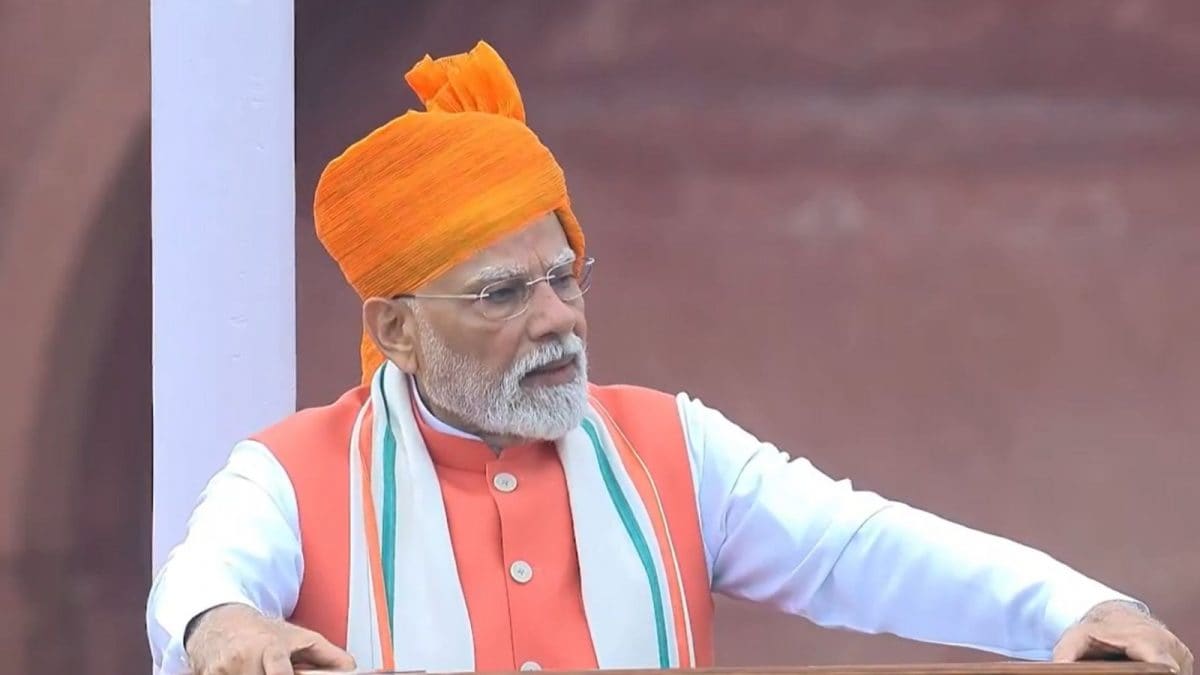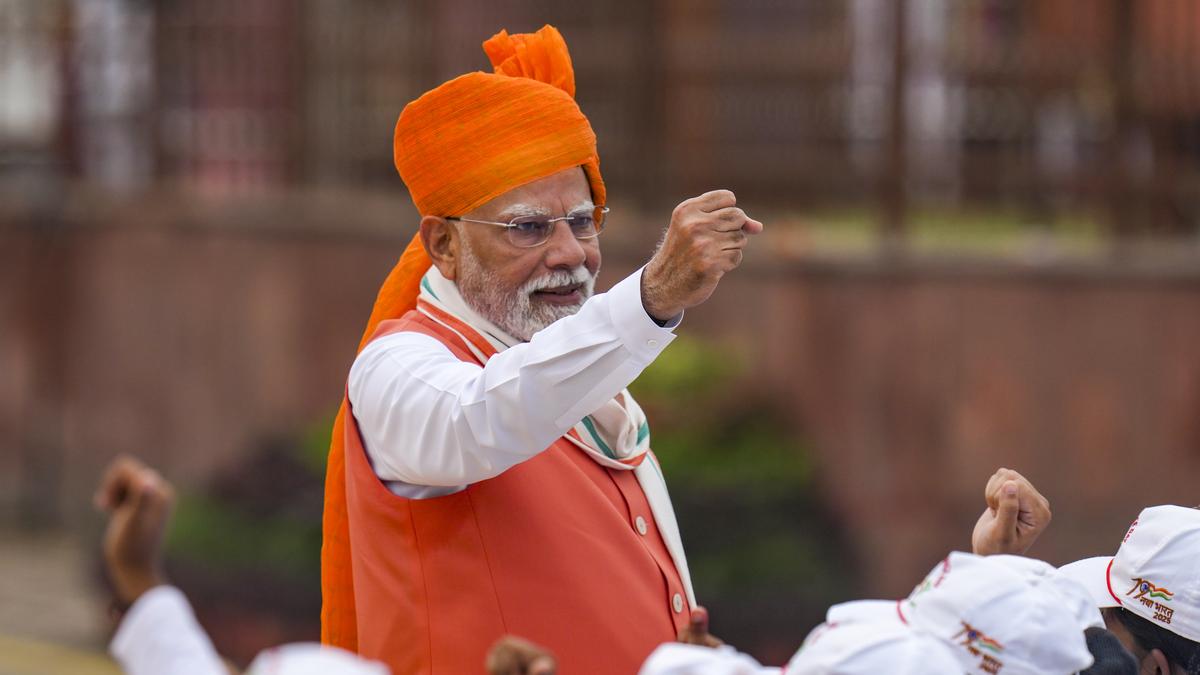ARTICLE AD BOX
A new draft on the plastics treaty shared Wednesday on the penultimate day of the global negotiations has left out provisions on plastic production cuts, chemicals of concerns, and no clear definition of plastics, threatening to derail consensus on an agreement. Around 190 countries have assembled in Geneva to negotiate the first-ever treaty to end plastic pollution.
The talks in Geneva reached a critical point as the chair of the Intergovernmental Negotiating Committee (INC), leading the task to thrash out a treaty, shared the draft at a stocktake plenary, drawing sharp reactions from several countries. Luis Vayas Valdivieso, the Ecuadorian diplomat chairing the INC of UN Environment Programme (UNEP) said during the plenary that he had shared a draft in his capacity as the chair, capturing areas of convergence and disagreements. He added that he intended to hold talks with regional groups on the draft, and revise the draft for final discussions.
The draft text and the procedural pathway expressed by Valdivieso drew sharp reactions from countries. The draft was unequivocally slammed by both, a bloc of countries pushing for production cuts and called ‘imbalanced’ and the bloc of countries led by Kuwait and other oil producing countries, who want to focus on plastic waste management.
Countries have been pushing to address the full life-cycle, which includes addressing upstream issues such as limiting manufacturing of polluting plastic products, prohibiting use of toxic chemicals, and including a list of products for phase-out.
India aligned with Kuwait and said there are some “serious concerns” and “fundamental elements” were missing, said Naresh Pal Gangwar, Additional Secretary, Environment Ministry. Gangwar, though added, “We consider this as a good enough starting point for the treaty…and urge other members to trust your (chair’s) leadership and facilitate a balanced second draft.”
In the crucial article on ‘plastic products’, the draft said that countries should take measures “as appropriate” and “in accordance” with national circumstances and capabilities to manage, reduce, or not allow import or export of plastic products. This was seen as a major dilution by several countries, who slammed the draft for being ‘weak’ and lacking any legally binding goals.
Drama ensued after the chair did not intend to open the floor to seek comments on the draft. However, countries, led by Chile, Colombia and Panama began the pushback, and expressed their disappointment. Colombia termed the draft as “entirely unacceptable”, and said it could not be the basis for negotiations. “The text has no legally binding tools, or no (mention) of chemicals of concern, and overlooks proposals of a broad range of countries,” said Colombia’s delegate.
An award-winning journalist with 14 years of experience, Nikhil Ghanekar is an Assistant Editor with the National Bureau [Government] of The Indian Express in New Delhi. He primarily covers environmental policy matters which involve tracking key decisions and inner workings of the Ministry of Environment, Forest and Climate Change. He also covers the functioning of the National Green Tribunal and writes on the impact of environmental policies on wildlife conservation, forestry issues and climate change. Nikhil joined The Indian Express in 2024. Originally from Mumbai, he has worked in publications such as Tehelka, Hindustan Times, DNA Newspaper, News18 and Indiaspend. In the past 14 years, he has written on a range of subjects such as sports, current affairs, civic issues, city centric environment news, central government policies and politics. ... Read More
Stay updated with the latest - Click here to follow us on Instagram
© The Indian Express Pvt Ltd



.png)
.png)
.png)


























 English (US) ·
English (US) ·